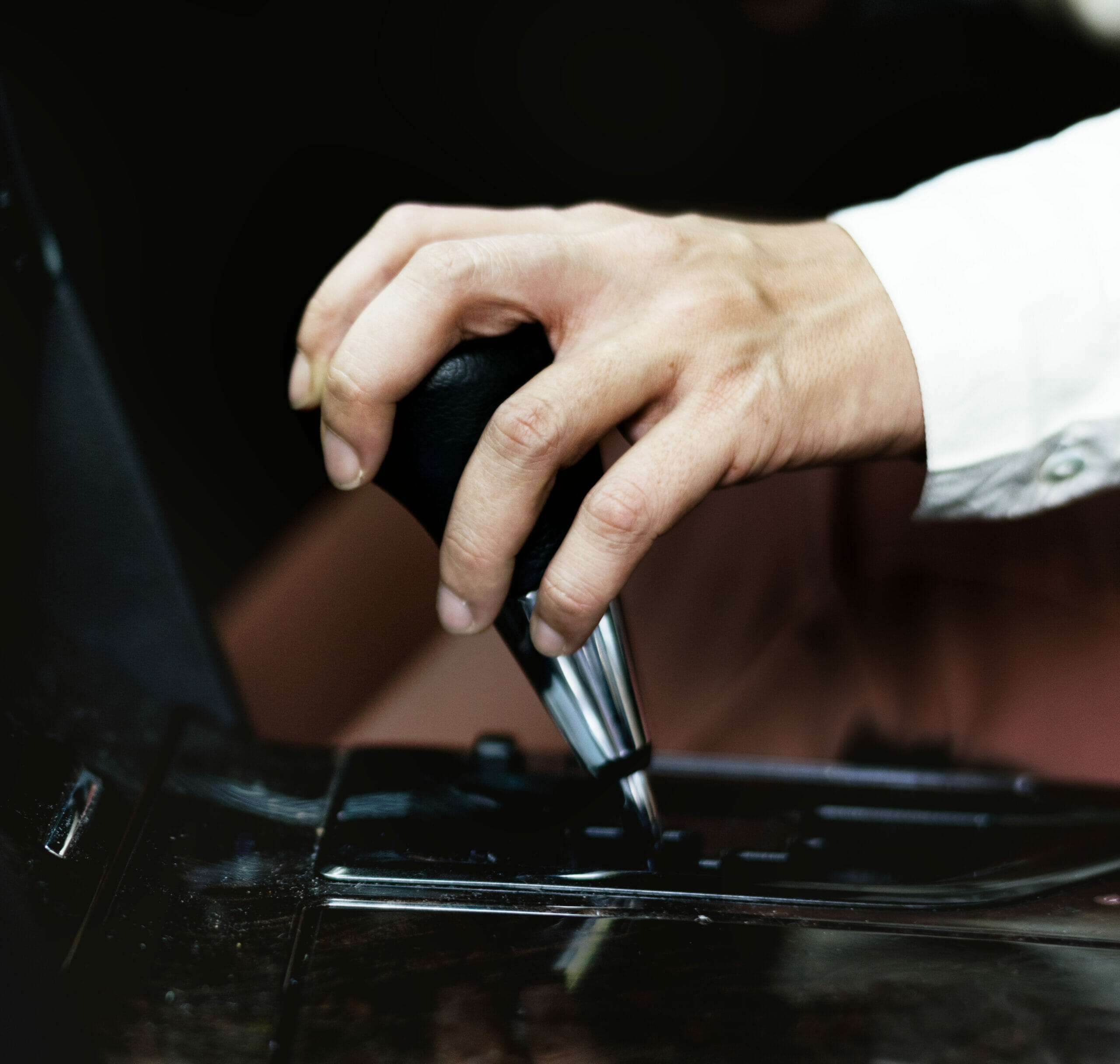Learning to drive is no walk in the park.
Stalling your car is a vicious circle of nervousness, where you stall because you’re nervous about stalling, which only makes you more nervous.
Don’t worry though, you’re not the only one, and you’ll get a grasp of it sooner than you might think.
What causes a vehicle to stall?
Vehicles stall as a result of releasing the clutch too quickly which causes the clutch plates to clash, resulting in an engine cutout.
The clutch should always be lifted slowly until you feel the ‘biting point’. This will allow you to pull away smoothly – unless you’re in the wrong gear.
How to avoid stalling
One of the very first things you will learn to do in your driving lessons is ‘clutch control’.
You will be shown by securing the vehicle with the handbrake and putting the car into first gear. You’ll then bring up the clutch slowly until you find that biting point and when you may feel the car dip.
Next, you’ll apply a small amount of pressure onto the accelerator and release the handbrake. As you begin to move, you will slowly release the clutch and apply further pressure to the accelerator to increase your speed.
The gradient of the ground you are parked on will alter both the bite point and the amount of pressure you will need to put on the accelerator.
This may sound like an intimidating process, but an experienced instructor will help you feel comfortable and get to grips with it fast and efficiently.
What to do if you stall
It’s highly unlikely that you’ll get away without ever stalling – even experienced drivers can lose concentration.
But this should make you less concerned, as people all know how it feels. Anyone beeping their horn is probably a few vehicles back and probably just thinks the driver at the front of the queue isn’t paying attention to the lights.
If you panic, you’re only more likely to rush and do it again – so stay calm, start back up, find the bite point, and carry on.
If people are beeping at you
Ignore them. Beeping won’t get them anywhere sooner, as mentioned before, they are most likely just trying to make you aware that it’s a green light or that there is space to move.
You’ll get the hang of things soon enough, and worrying about small issues like this will soon become a thing of the past.
Will I fail my test for stalling?
Stalling during your test will not result in an instant failure.
It matters more how many times you stall, the circumstances, and how well you recover from it. For example, if you stall, but recover smoothly and safely and continue in a professional manner without panicking, you’re unlikely to fail as a result.
If you panic and set off dangerously, it could be considered a serious fault, so just keep your wits about you and be careful.
If stalling but recovering successfully is the only, or one of very few issues, you’ll have no problems passing the test.
WeTrust is a nationwide community of hand-picked, trusted driving instructors. Book your first lesson with WeTrust Driving Lessons now.


